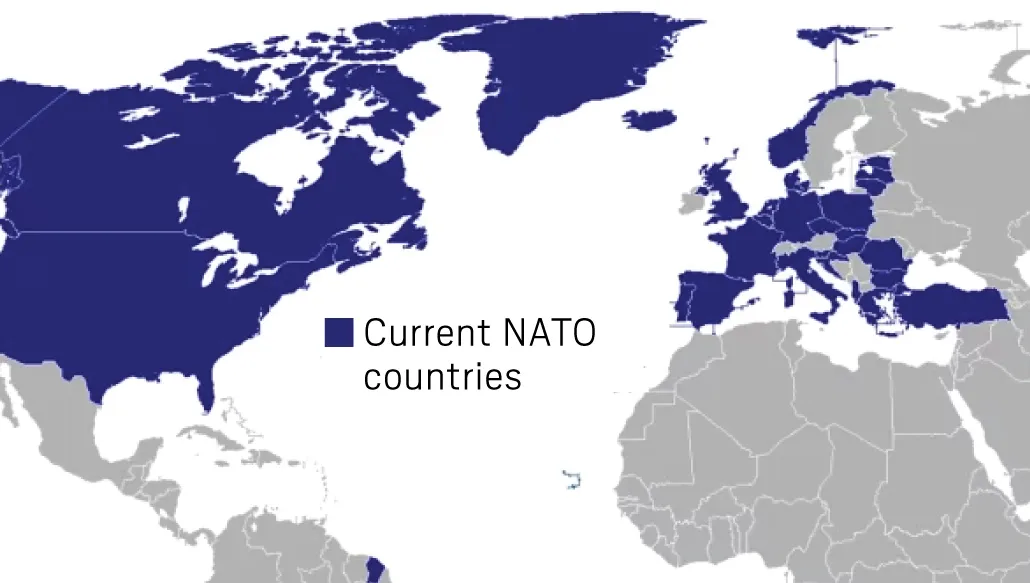Table of Contents
When the head of Iran’s terror programs, Qassem Soleimani, a man responsible for hundreds of American deaths as well as thousands (if not millions) more across the Middle East, was assassinated in a targeted drone strike, the left-media reacted predictably. As well as their standard frantic gibbering about “World War Three!”, the left-media wrung their hands over the morality of dispatching a monster with bloodstained hands on a fast track to reckoning with Allah.
Now another cog in the Iranian war-and-terror machine has been sent to paradise in a million pieces. Problem?
The head of the Iranian nuclear weapons program was killed Friday near Tehran. The assumption is that he was killed by the Israelis, whose motive was to cripple the Iranian nuclear weapons program by killing the one man who was most critical to its success. It might well have been the Israelis, but there are a significant number of other countries that do not want to see Iran with nuclear weapons.
In fact, the list of countries who, at the very least, are silently clinking their glasses runs from the “Great Satan”, the United States, to ostensibly Iranian allies like Russia (who may not exactly have been thrilled at the idea of a bunch of mad mullahs with nukes).
But is assassination not just a rational, but a moral option – at least in some cases?
Assassination is not easy. It carries the risk of failure and of retaliation. It is a rational move only in two cases: as a deterrent to frighten an organization or state into changing policy, or when the killing of one person would be decisive in blocking an unwanted development. I will focus on the second category, which appears to describe the attack in Iran[…]The assassination must have a significant impact on a threat to be worth the effort, the risks and the consequences of failure and retaliation.
The strategically significant individual is rare enough, but correctly identifying him is rarer still. To find him, intelligence operatives must collect elusive information, and analysts must determine whether the information is valid, not just a glorious legend concocted by the individual or others. Identifying the indispensable person is not easy, since he may not exist.
Then there are the purely tactical challenges of tracking such a person and getting past whatever protection they may have.
Another challenge inherent in assassination is the threat of revenge. Iran cannot invade Israel, and bombing Israel opens the door to intense retaliation. The proportional step, if indeed it was Israel that carried out the killing, is counter-assassination – or, more likely in this case, a terrorist attack. A terrorist attack is indifferent to who is killed so long as someone is killed, and it is therefore easier to carry out.
So, as they did with Soleimani, Iran will rattle their scimitars, tear their beards, and shout, “death to America/Israel/whoever!” but that’s about it.
The danger now, however, is that the assassinations and counter-assassinations could spiral out of control. Once that happens, anything – even all-out war – is possible. It is not even important whether the first attack was carried out by Israel or some other country – perhaps a country hoping to prompt a military showdown by putting Iran in a position where it feels it must take military action. At this point what is important is who Iran believes to be responsible.
The “what ifs” are endless. The point is that while assassination is meant to be a self-contained event, its permutations are endless and potentially unexpected. Therefore, the only circumstance under which assassination can be rationally used is when its use is decisive against an extremely significant program. The Iranian nuclear weapons program would seem to fit this condition.
That leaves the moral question.
Moralisers will whinge about international law – as if Iran has ever cared a foetid goat’s head for international law – but the brutal reality is that this is an area where international law has become little more than a convenience for malefactors. Iran might not be formally at war with whomever arranged the assassination, but how many wars since 1945 have ever been formally declared? This is plainly an area where international law has failed to keep up with 21st century reality.
Besides, who would argue that assassinating Adolf Hitler in, say, 1934, would have been far preferable to allowing the world war he so plainly wanted to go ahead?
If there are going to be wars, I cannot imagine why it is more legitimate to kill thousands of people than it is to kill one, just because you formally stated your intention in advance. Indeed, if killing one might prevent thousands from dying, then it is not only moral but a moral imperative[…]
I have difficulty understanding the moral argument against assassination, or the practical purpose of pacifism. But I can understand why assassination is rare: It is very difficult to do and has potential consequences that are dizzying. But when a surgical strike against one person can increase the security of the nation that assassinates, it would seem to be at least as legitimate as an invasion. But the circumstances under which you can identify the indispensable figure and kill him are both rare and enormously difficult. The problem is not moral but practical.
Geopolitical Futures
On the other hand, what if “they” do it to one of “yours”?










